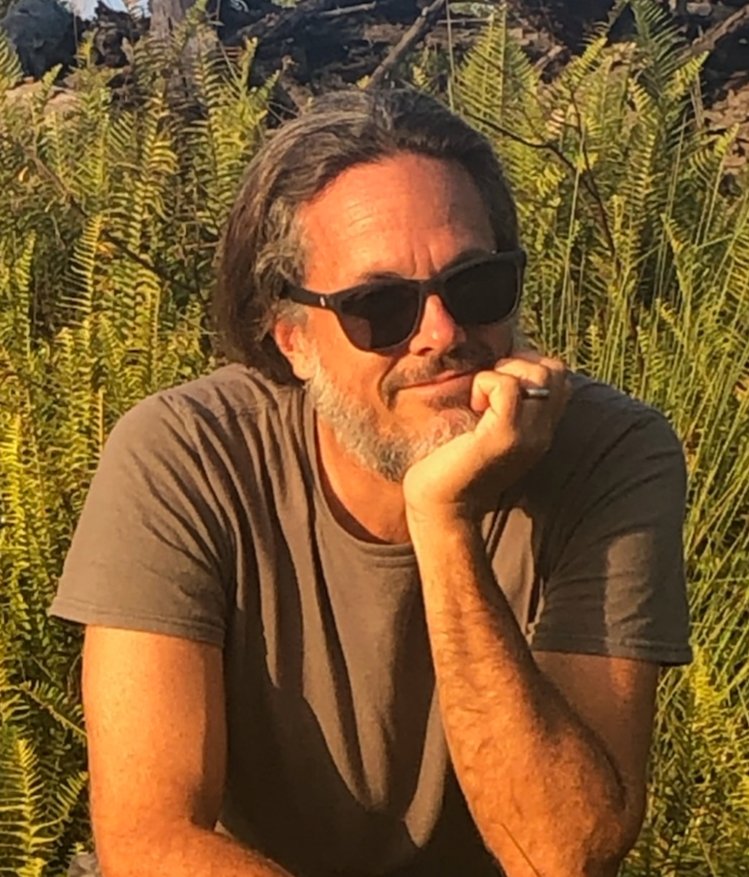By Jonathon Medeiros
This winter, the north swells kicked up to historic levels, bringing waves beyond anything in living memory. They ran The Eddie on an epic day after calling it off a week earlier. The Eddie is a big wave surf competition that only goes in the rarest of conditions, massive swells with good winds. But really, The Eddie is more than a surf competition. It is a celebration of Waimea Bayʻs first lifeguard, Eddie Aikau, more than anything else.
When it finally ran, for just the 9th time in nearly 40 years, six women paddled out for the first time to compete, though the sport had once always included them. Another lifeguard got permission from his boss to take a few hours off so he could paddle out, manning the tower while not in the water. In a competition that looms large in the lives and minds of surfers and watermen across the globe, that other lifeguard (Luke Sheperdson), a quiet man, got the win, then climbed back up his tower to watch over the people in his care.
A month later, the winds howled from the west and south, nearing tropical storm force. The currents shifted. The trees groaned as they bent awkwardly in an unusual direction. Everything about this place is shaped by the trades. Everything grows and learns to handle those presiding conditions, the usual way of things. When the winds shift like that, everything is shocked. Leaves pile up in different corners of the yards. Rain finds its way through windows that are never closed, usually dry. The manu circle in the sky, annoyed. The ocean too twists and shudders, salt spray drifting across the other sides of everything.
These strange and intense winds provide a stark contrast to the usual trades. Those bring the usual swells, spraying salt across the usual faces of buildings, rocks, animals. The sand piles up where the shore is used to it being but the backwards winds wash waves that wash sand from where it wants to be, uncovering what was covered.
Walking my usual path to my usual surf spot, with the wind howling in that unusual direction, I stopped to see the rocks laid bare, lithified sand, actually. I paused then sat down to look at the lines and swirls dance themselves into petroglyphs and I wondered who carved them there and why. Who were they hoping to communicate with? Who was the last person who saw this? What story were they telling and how many others do we walk over each day?
Was (is) the pandemic like this too? An atmospheric shift? Faced with unprecedented health concerns sweeping the globe, we had to question everything we thought we knew about how we learn and teach. For many of us, that meant centering the human-ness of each other and our students, making space for quiet reflection and wellness, working on making flexible learning spaces. For others, it meant heading in, hanging it up. For still others, this meant hyper focus on accountability, rigidity. As we crawl out of the long shadow of the pandemic, I wonder about taking some of what weʻve learned with us, instead of marching “back to normal.” We all know that the coconut palm does not survive the winds because it is stubbornly rigid.
Those teachers and students, like that lifeguard, like the women, who paddle out into unprecedented conditions, not stubbornly, not with resentment, but softly, with joy and curiosity, who watch and respond and flex, those people show us how to keep learning. Climb up the tower, watch, paddle out. Put on a jersey, stretch, paddle out. Stop to look, question, walk on and paddle out.
The pandemic has pushed us in difficult, uncomfortable ways, but under the sand, under the usual way of things, there are stories, there are ideas, there is learning. Letʻs not get back to the usual way of things without remembering what weʻve seen and learned.
ABOUT THE AUTHOR:
Jonathon Medeiros has been teaching and learning about Language Arts and rhetoric for 17 years with students on Kauaʻi, where he was born and raised on a farm near Makaleha. He and his students learn about curiosity, community, and place. They build deeper connections to each other and the places they live by being curious about where they live, the stories of those places, and then following those curiosities. Jonathon is the former director of the Kauaʻi Teacher Fellowship, a poet, essayist, and writes frequently about education, equity, and the power of curiosity. He believes that curiosity kills boredom and that if you change all of your mistakes or regrets, you’d erase yourself. He walks, paddles, surfs, and builds and enjoys spending time with his brilliant wife and daughters.
@jonmedeiros or jonathonmedeiros.com




